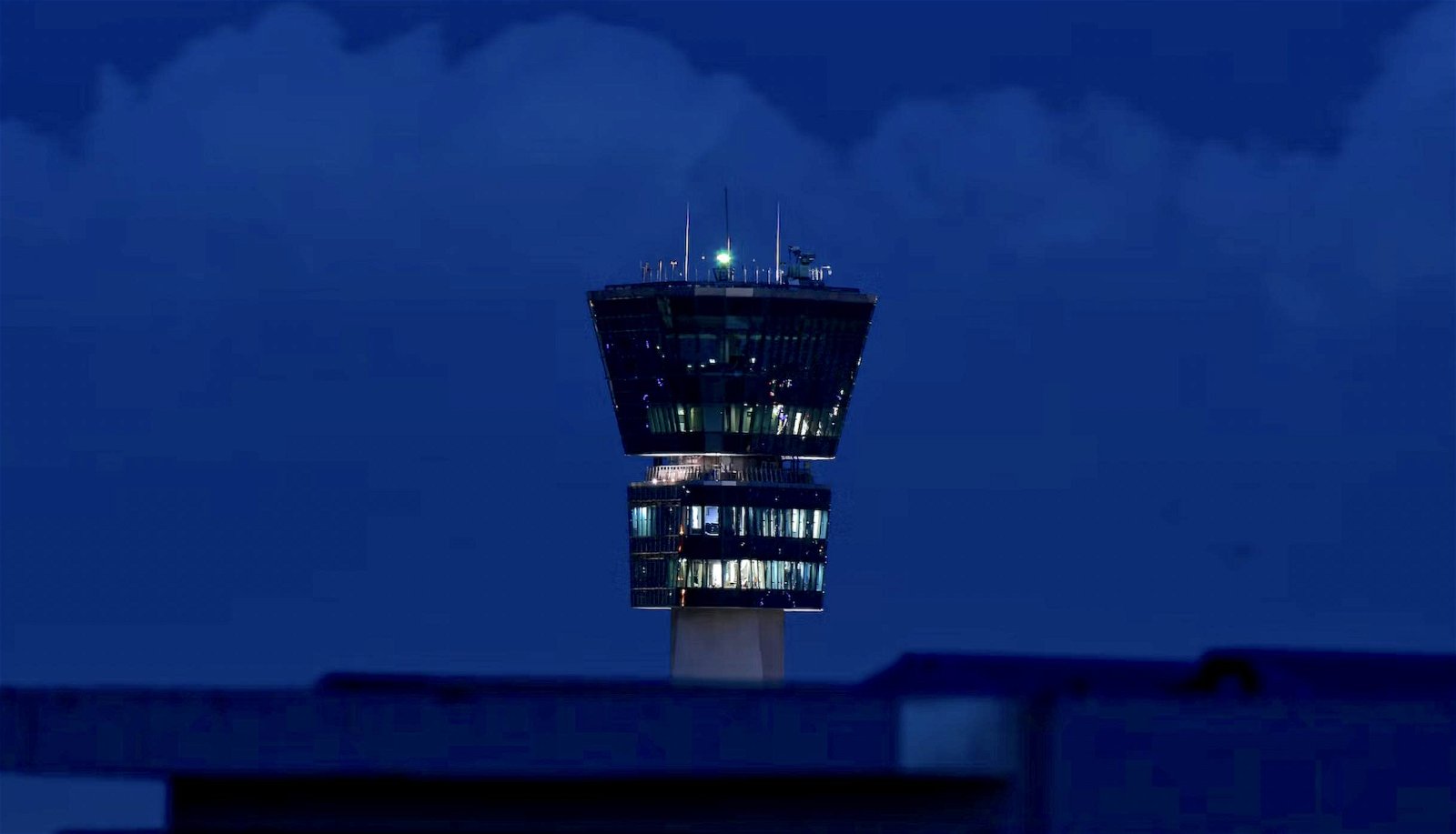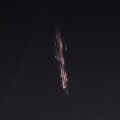A new bill introduced by the House Transportation and Infrastructure Committee includes language that will task the Federal Aviation Administration (FAA) with tracking objects deemed to be a risk resulting from airborne debris.
The bipartisan FAA Reauthorization Bill, introduced June 9, is intended to amend title 49 in the current United States Code, and will “reauthorize and improve the Federal Aviation Administration and other civil aviation programs,” according to the bill’s language.
Section 682 of the bill, which addresses “Airborne Debris Collision Avoidance,” directs the FAA, in coordination with U.S. Secretary of Transportation Pete Buttigieg, to “establish a program to track objects that are potential sources of airborne debris” and to “establish a database containing data and information on such objects.”
Calling on the agency tasked with the regulation of all civil aviation over the U.S. and its surrounding waters to utilize existing tools and methods in such efforts, the FAA is also directed to engage in “communication with the owners of operators of such objects, if applicable, to determine on an ongoing basis the likelihood and the circumstances, including the time and location, under which such objects may reenter the Earth’s atmosphere in a controlled or uncontrolled manner.”
Significantly, the bill, once it passes, will expand the FAA’s priorities to include space traffic management with the institution of its own space situational awareness facilities, potentially resulting in overlap with other U.S. agencies that track objects that are presently orbiting Earth.
Although portions of the bill aim to ensure that data collected by the FAA for purposes of tracking such objects remain unclassified, there are provisions within the bill that account for “conditions under which such data and information may not be released,” which includes “a list of eligible entities or categories of eligible entities that are not permitted to receive such data and information.”
The bill follows recent calls for action from space experts and scientists who warn that orbital debris, or “space junk,” could potentially threaten both civil aviation and operations in Earth’s orbit, in addition to endangering civilian populations on the ground.
In March, an international group of scientists and experts outlined their concerns about space junk, warning that the estimated 9000 satellites currently orbiting the Earth, along with expectations that this number could increase to more than six times that number by 2030, presents a serious cause for concern in the years ahead.
“The exploitation of Earth’s orbit is in its infancy,” the authors wrote in a piece that appeared in Science, “but on a fast trajectory, highlighting the need for urgency.”
Mirroring such concerns, a portion of the June 9 bill calls for an assessment of “the potential of a reentry of each such object to create covered airborne debris and the risk such debris may pose to aircraft or individuals and property on the ground.”
The entire current draft of the bill can be read online, with the relevant portion related to tracking such objects beginning on page 600 of the bill.
Micah Hanks is the Editor-in-Chief and Co-Founder of The Debrief. He can be reached by email at micah@thedebrief.org. Follow his work at micahhanks.com and on Twitter: @MicahHanks.

